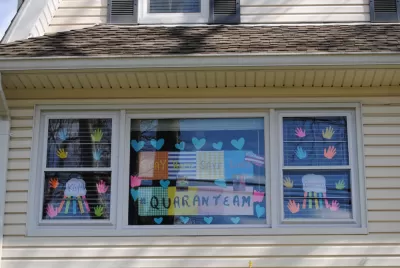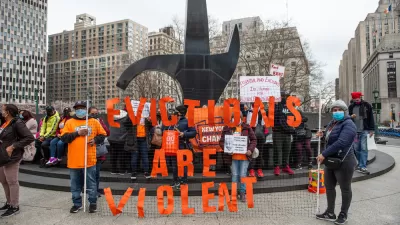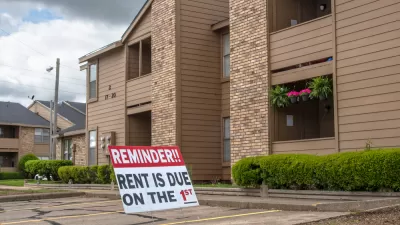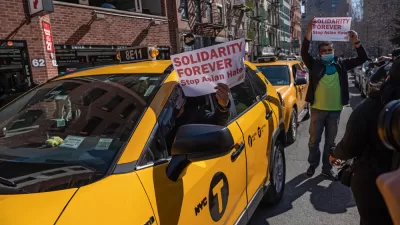Housing policy can ensure a sustainable economic recovery by focusing on five outcomes.

Planners looking for ways to "build back better," in the words of president-elect Joe Bide, have a suite of housing policy options to choose from.
Elizabeth Champion and Megan Gallagher present a detailed list of five policy outcomes that can contribute to economic stability and mobility in the recovery from the ravages of the pandemic.
"The current housing policy response focuses on two outcomes: supporting housing affordability and stability," according to the article. "Both have crucial implications for all the components of upward mobility but are likely to fall short of fully supporting equitable housing recovery that strengthens future resiliency." To make up for that shortcoming, Champion and Gallagher propose three additional outcomes as a goal for planners and policymakers. Here is how the article lists the five outcomes in total, with much more detail included in the source article:
- Housing affordability can promote multiple dimensions of mobility.
- Housing stability encourages civic engagement and promotes economic success, power, and belonging.
- Housing quality can have long-term effects on a household’s autonomy and economic success.
- Housing that builds wealth can offer homeowners a resource for investments in education, health, and other opportunities.
- Neighborhood context can influence upward mobility, with some “high-opportunity” neighborhoods offering more advantages.
The long-term recovery will require even more proactive work toward established outcomes, write the duo, "[acknowledging] the full influence of housing on a household’s power and autonomy and sense of being valued in their community as drivers of the household’s upward mobility."
FULL STORY: Five Housing Outcomes That Could Promote Long-Term Recovery from the COVID-19 Pandemic

Study: Maui’s Plan to Convert Vacation Rentals to Long-Term Housing Could Cause Nearly $1 Billion Economic Loss
The plan would reduce visitor accommodation by 25,% resulting in 1,900 jobs lost.

Alabama: Trump Terminates Settlements for Black Communities Harmed By Raw Sewage
Trump deemed the landmark civil rights agreement “illegal DEI and environmental justice policy.”

Why Should We Subsidize Public Transportation?
Many public transit agencies face financial stress due to rising costs, declining fare revenue, and declining subsidies. Transit advocates must provide a strong business case for increasing public transit funding.

Paris Bike Boom Leads to Steep Drop in Air Pollution
The French city’s air quality has improved dramatically in the past 20 years, coinciding with a growth in cycling.

Why Housing Costs More to Build in California Than in Texas
Hard costs like labor and materials combined with ‘soft’ costs such as permitting make building in the San Francisco Bay Area almost three times as costly as in Texas cities.

San Diego County Sees a Rise in Urban Coyotes
San Diego County experiences a rise in urban coyotes, as sightings become prevalent throughout its urban neighbourhoods and surrounding areas.
Urban Design for Planners 1: Software Tools
This six-course series explores essential urban design concepts using open source software and equips planners with the tools they need to participate fully in the urban design process.
Planning for Universal Design
Learn the tools for implementing Universal Design in planning regulations.
Smith Gee Studio
Alamo Area Metropolitan Planning Organization
City of Santa Clarita
Institute for Housing and Urban Development Studies (IHS)
City of Grandview
Harvard GSD Executive Education
Toledo-Lucas County Plan Commissions
Salt Lake City
NYU Wagner Graduate School of Public Service





























